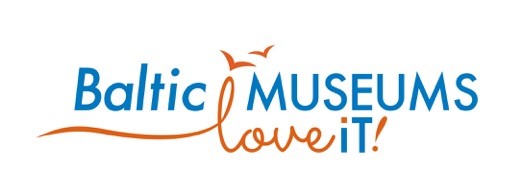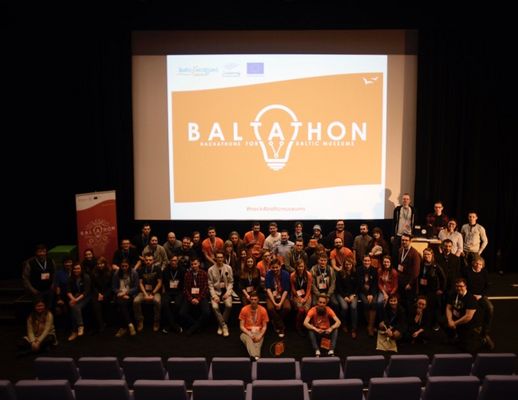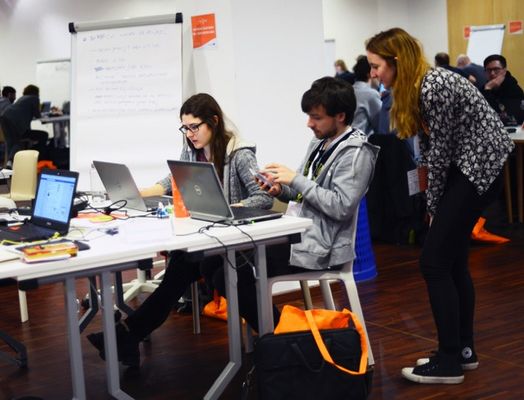Museums and science centers, non-government organizations and research institutions from Poland, Denmark, Sweden, Lithuania and Germany, cooperate in the project ‘BalticMuseums: Love IT!’. The nine project partners address the current trends of Bring Your Own Device (BYOD) and gamification, applying it to tourist attractions in the South Baltic Region. Led by the University of Szczecin, the project consortium establishes a new brand to jointly promote the developed gamified services for the smartphones of visitors. The application of IT-enabled services in museums and attractions is nowadays a quality attribute. The major challenge is the rapid development of both technology and consumer expectations. To turn this challenge into an opportunity, the project will develop inspiring, though practical solutions, to be used first by the project consortium members and, later, also by other tourist attractions.
BYOD Tours – Multilingual Bring Your Own Device (BYOD) tours with gamification elements
The project team sets up multilingual gamified tours for the visitors’ smartphones. Based on the partners’ needs, a generic framework for gamification of tourist attractions was derived. A cloud-based system conforming to the guidelines of this framework was developed by the University of Szczecin to enable project partners to easily add gamification elements (e.g. earning badges or collecting points for visiting certain places or solving quizzes) to the eGuide tours they develop. The launch of the first version of the BYOD eGuide tours is planned for mid of 2019.
Working with a user-centric design process, the project hosts special brainstorming and programming events – Baltathons, (a name derived from a combination of ‘Baltic’ and ‘hackathon’) taking place directly in the premises of the tourist attractions. The creative ideas generated during these events feed into the gamified apps later on. Three Baltathons were hosted in Poland, Lithuania and Sweden – the next is to come on 18-19 May 2019 in Greifswald.
- Interested in museum apps and gamification? Contact us!
KNOWLEDGE – Knowledge Base to spread the knowledge generated in the project
Experiences made during the project, e.g. in setting up hackathons, are captured continuously. Moreover, experts in digital projects in a museum and touristic environment are invited to online sessions, which are recorded and made available online.
- Check out the knowledge base: http://knowledge.balticmuseums.info
BRAND & NETWORK – Joint brand to market the IT products and enlarge the network
A brand will be introduced to make the new gamified products better recognizable and marketable. The project consortium encourages other attractions to make use of the tools, the findings and the brand.
- Join us and share your experiences!
Attractions love IT and visitors love it!
The three-year project is co-financed by the European Regional Development Fund within the Interreg South Baltic Programme.
Further information: balticmuseums.info
______________________
Contact
UNIVERSITY OF SZCZECIN
Prof. Jakub Swacha
al. Papieża Jana Pawła II 22a
70-453 Szczecin
jakub.swacha@usz.edu.pl






